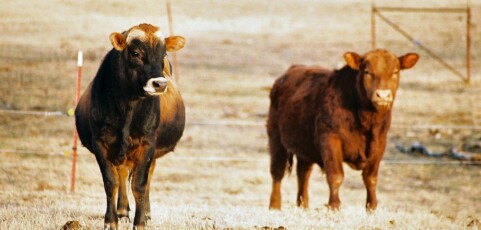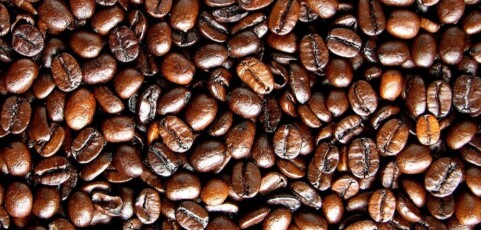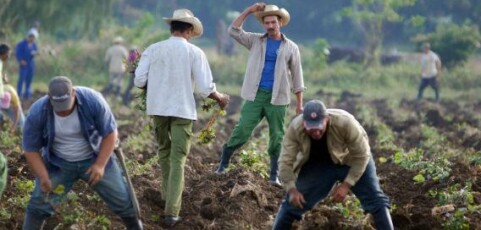The incentive which determined the economic policy of Cuba that has resulted in new management practices for agriculture has been based on the necessity to reduce the coefficients of imported chemical inputs. This study was conducted in Cuba from 1999-2000, working with 3 CPAs (Cooperativas de Produccion Agropecuarias), all linked closely to the state. The study results observed a reduction in chemical input quantity for some crops as well as technological changes.
The Campesino-to-Campesino agroecology movement of ANAP in Cuba: social process methodology in the construction of sustainable peasant agriculture and food sovereignty
The Cuban experience demonstrates that we can feed a population well with a small- or medium-sized farm model based on appropriate ecological technology, and in doing so we can become more self-reliant in food production.
What Cuba can teach us about food and climate change
After the Cold War, Cuba faced many of the agricultural challenges that the rest of the world is now anticipating.With no fertilizer, pesticide, or herbicide, and no means to import substitute chemicals, its community landed on “agro-ecology.”





